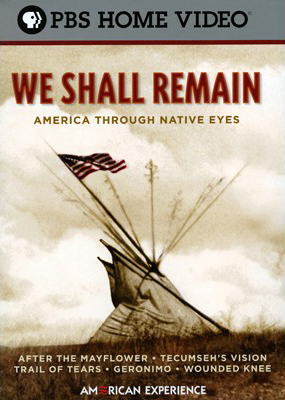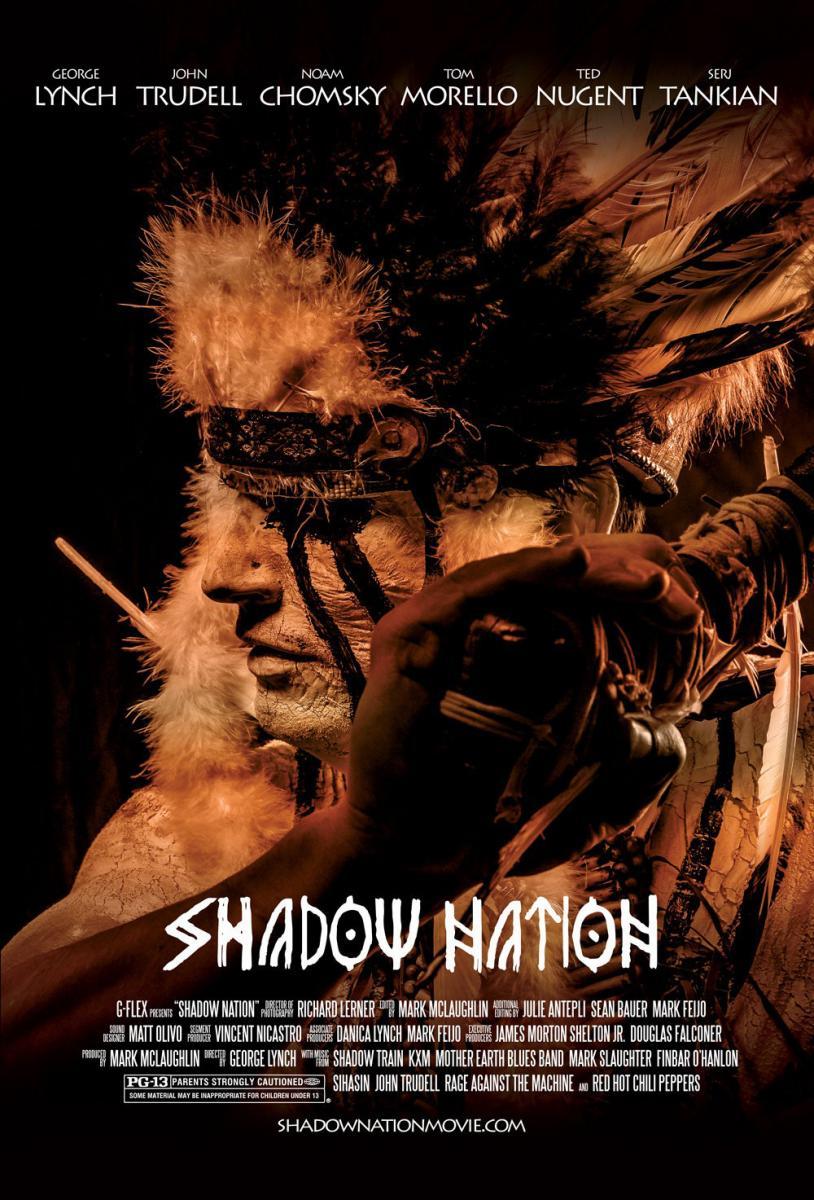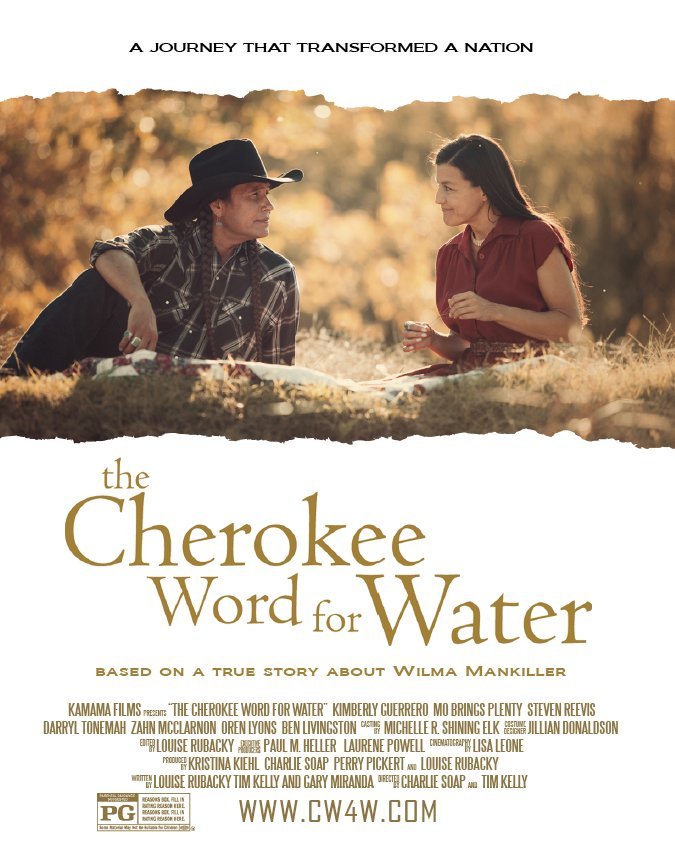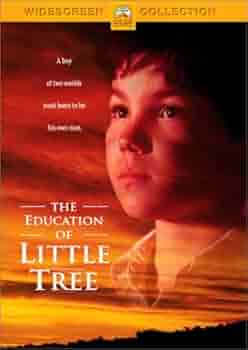
 After the Mayflower: We Shall Remain—America Through Native Eyes
by
After the Mayflower: We Shall Remain—America Through Native Eyes
by
 A Good Day to Die
by
A Good Day to Die
by
 Native Peoples of North America
by
Native Peoples of North America
by
 Necessity: Oil, Water, and Climate Resistance
by
Necessity: Oil, Water, and Climate Resistance
by
 Shadow Nation
by
Shadow Nation
by
 Who Owns the Past?
by
Who Owns the Past?
by
 Barking Water
by
Barking Water
by
 Beans
by
Beans
by
 The Cherokee Word for Water
The Cherokee Word for Water
 The Education of Little Tree
by
The Education of Little Tree
by
 Four Sheets to the Wind
by
Four Sheets to the Wind
by
 Songs My Brothers Taught Me
by
Songs My Brothers Taught Me
by
 Te Ata
by
Te Ata
by
 Winter in the Blood
by
Winter in the Blood
by